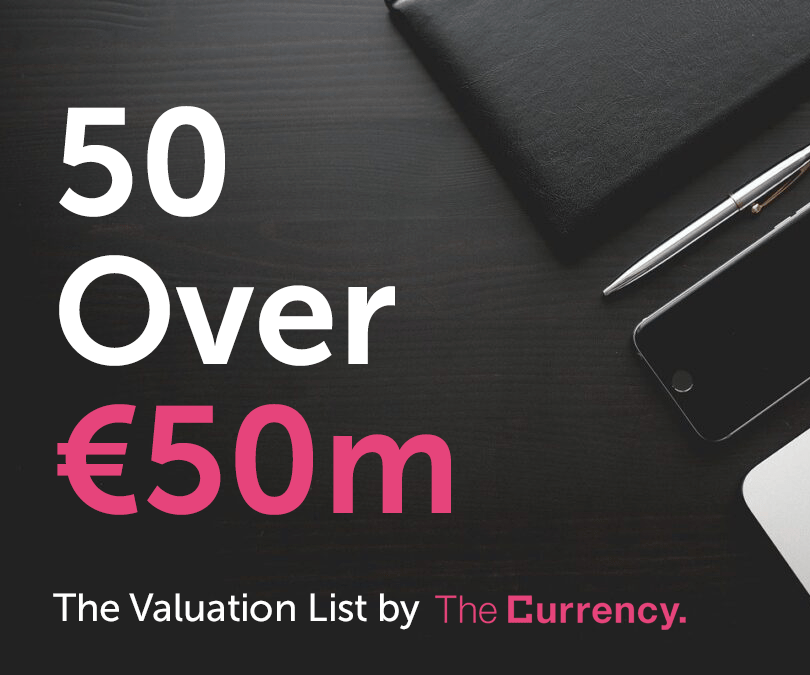I spent the last month up to my neck in photocopied accounts and spreadsheets. I set out to find exactly which Irish companies were valuable, how much they were worth, and what made them valuable. There’s an easy way to value a company – just multiply its earnings by the industry multiple. But that number is broad and it doesn’t tell you much interesting. So I valued them from the ground up, using a discounted cash flow (DCF) model, to see what makes them tick. Last week we started to publish my findings. You can click here to read the first part…
Cancel at any time. Are you already a member? Log in here.
Want to continue reading?
Introductory offer: Sign up today and pay €200 for an annual membership, a saving of €50.

